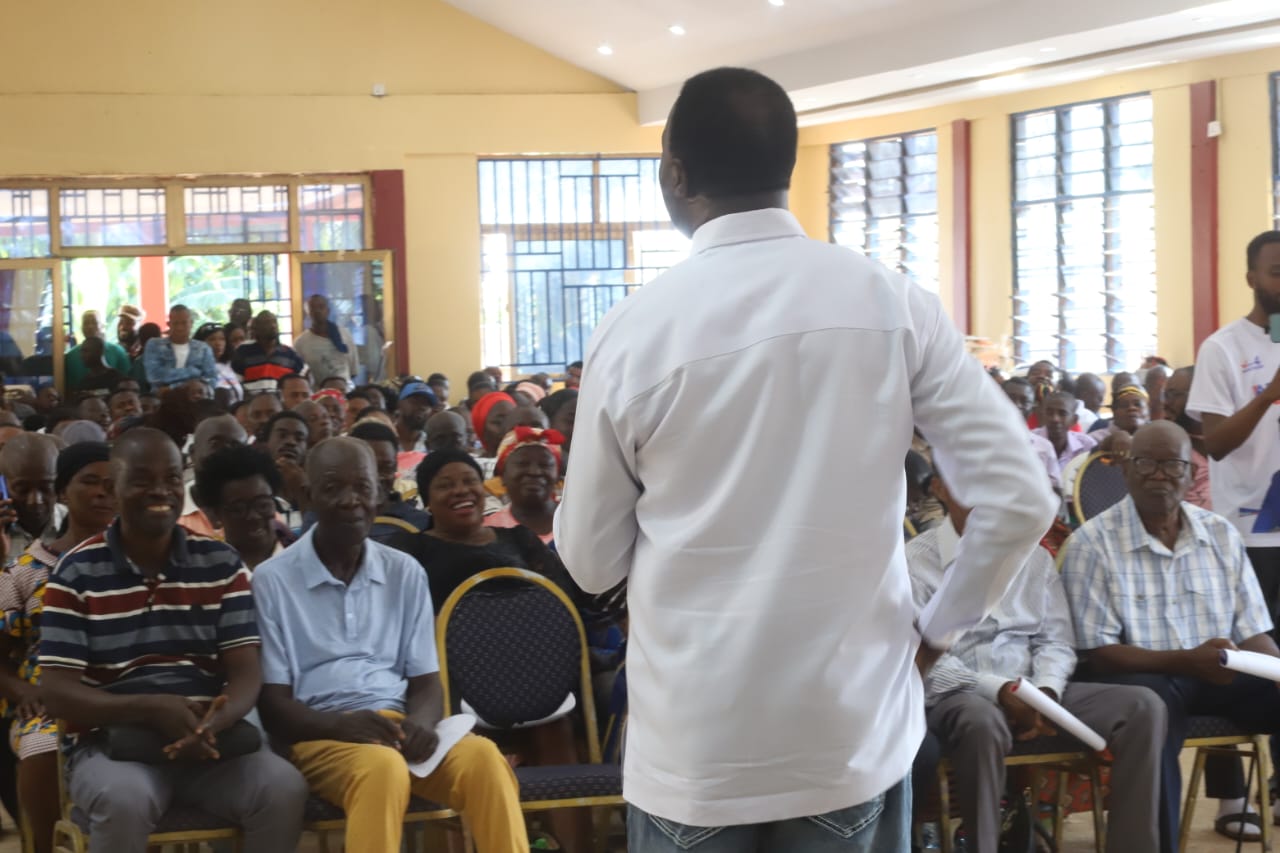
Ghana’s renewed push toward self-sufficiency in poultry production is more than an agricultural ambition; it is a strategic national imperative.
The projection by the Minister for Food and Agriculture, Eric Opoku, that Ghana could achieve full poultry self-sufficiency by 2029 signals a bold and necessary shift in the country’s approach to food security, economic resilience, and rural development.
At a time when the nation spent a staggering US$400 million on poultry imports in 2024 alone, the resolve to reclaim the domestic market is both timely and commendable.
The Poultry Industry Revitalisation Initiative under the Feed Ghana Programme provides a structured and progressive roadmap toward this goal. With clear sufficiency targets — 12 per cent in 2025, rising steadily to above 100 per cent in 2029 — the programme demonstrates a level of planning and certainty seldom witnessed in the agricultural sector.
Such clarity helps build investor confidence, assures farmers of market stability, and signals to the private sector that the government is serious about transforming poultry into a major economic pillar.
More promising is the surge of enthusiasm that has greeted the initiative, particularly following the launch of the nkoko nkitinkiti programme. According to the Minister, this show of interest could even propel Ghana beyond its projected targets. That energy is critical. Without strong farmer participation, community buy-in, and private-sector engagement, no agricultural transformation can succeed.
The remaining phases of the revitalisation plan, especially the poultry farm-to-table initiative targeting 50 anchor farmers and the intensification programme aimed at 500 small- to medium-scale producers, represent an inclusive model that spreads opportunity across the value chain.
It is refreshing to see a policy that does not merely focus on large commercial farms, but actively integrates women-headed households and vulnerable communities. Such inclusivity ensures that the benefits of growth are felt evenly, stimulating rural economies, boosting household incomes, and enhancing nutrition at the grassroots.
The Ghanaian Times is excited about the planned establishment of a poultry processing factory in Bechem, with procurement already completed and sod-cutting scheduled for November 27. This is a strategic step toward building an efficient value chain. Processing facilities reduce post-production losses, promote standards, support exports, and ensure that farmers receive consistent and fair prices.
A strengthened value chain, from hatchery to processing, will be essential if Ghana is to meet domestic demand sustainably.
In our view, however, achieving self-sufficiency requires more than enthusiasm and infrastructure. It demands long-term consistency in policy direction, enhanced access to feed, reliable financing for farmers, and strong disease control systems.
The minister’s call to view agriculture not merely as a way of life but as a business is therefore crucial. It is this shift from subsistence to enterprise that will unlock growth, attract young people into agriculture, and drive industrialisation across the sector.
Ultimately, the pursuit of poultry self-sufficiency is about more than reducing imports. It is about national dignity, economic stability, and ensuring that every Ghanaian child can access affordable, protein-rich, locally produced food.
The government’s determination, if sustained, could indeed mark a turning point in Ghana’s agricultural story. The path ahead is challenging, but the vision is clear. With coordinated effort, Ghana can reclaim its poultry market, energise its rural economy, and chart a new course toward genuine food sovereignty.
???? Follow Ghanaian Times WhatsApp Channel today. https://whatsapp.com/channel/0029VbAjG7g3gvWajUAEX12Q
???? Trusted News. Real Stories. Anytime, Anywhere.
? Join our WhatsApp Channel now! https://whatsapp.com/channel/0029VbAjG7g3gvWajUAEX12Q

The post Revitalising Ghana’s Poultry Industry for Food Sufficiency appeared first on Ghanaian Times.
Read Full Story



















Facebook
Twitter
Pinterest
Instagram
Google+
YouTube
LinkedIn
RSS